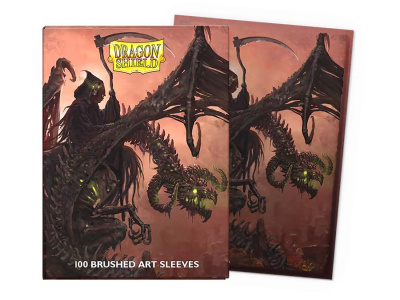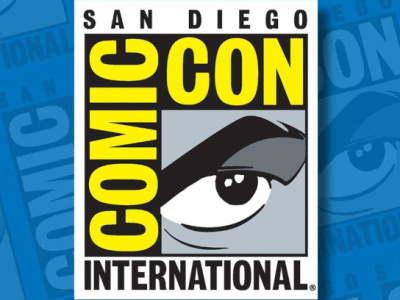Rolling for Initiative is a weekly column by Scott Thorne, PhD, owner of Castle Perilous Games & Books in Carbondale, Illinois and instructor in marketing at Southeast Missouri State University. This week, Scott follows up last week's article about the potential sale of Wizards of the Coast.
I received a number of emails from column readers speculating on potential buyers for WotC, should Hasbro decided to divest itself of the company (see "Rolling for Initiative -- A Case for the Possible Sale of Wizards of the Coast Being on the Horizon"). Suggested purchasers included Asmodee which would give them the top board games in the direct market, (except for those still owned by Hasbro) as well as the top RPG and TCG. Another, Games Workshop, likely has the money but has shown little inclination to develop its own RPG or TCG lines in the past as they prefer to license the rights out to other RPG companies.
However, an email I received from game industry veteran James Mischler looked back at TSR/WotC’s history. It made a more persuasive case for a purchase of WotC by a suitor outside the game industry: Penguin/Random House, Hatchette Group, Harper Collins, Simon and Schuster or Macmillan ("The Big Five" publishers). We'll need to take a dive back into the history of TSR and WotC to understand why though.
Though TSR is best known, at least in our industry, for the D&D and related RPG lines, it was better known outside of this market for its line of fantasy novels, dating back to the mid 80s with the launch of the first Dragonlance Chronicles trilogy, arguably launching the modern fantasy novel. By the time TSR filed for bankruptcy in 1997, it had published some 242 fantasy novels and a plurality of all fantasy novels sold in the US bore the TSR imprint, many reaching The New York Times and USA Today best-seller lists.
Unfortunately, the company’s very success led to its bankruptcy. There are two markets for books: the direct market and the book market. The direct market, in which most game stores operate and with which TSR had the most familiarity, buys products at a certain discount, pays for those products by a certain date, and keeps them. The book market operates under a returnable model. Distributors and stores buy the product at a lower discount, 35% or 40% rather than 45% or 50%. This gives the publisher greater profitability per book, putting more cash in the bank, but also leaving them liable for refunds if the book does not sell. This is what happened to TSR in the late 90s. The company had expanded heavily into the book market through deals with publishers, acting as distributors, such as Random House and Harper Collins and when those deals proved not as profitable as hoped, left TSR on the hook for hundreds of thousands more in returns than the company had in assets (see "Rolling for Initiative--'Empire of Imagination: Gary Gygax and the Birth of Dungeons & Dragons'").
Mischler thinks this was part of a concerted effort by Random House to drive TSR into bankruptcy, allowing Random House to pick up the TSR catalog at a fraction of its value but Lorraine Williams, who owned TSR at the time, stymied that by negotiating a sale to WotC instead. Now, while D&D sales have increased greatly, novel publishing by the company has dropped from the massive numbers of the 1990s and early 2000s to about 4 dozen or so books over the past decade. Any book publisher would love to get its hands on WotC/TSRs back catalog and a steady revenue producer like D&D.
So, if and this is still a BIG if, Hasbro decides to put WotC up for sale, I would not be surprised to see it split off the Magic brand and keep it within the Hasbro/WotC portfolio and put the TSR/D&D brand up and see if it can spark a bidding war between the five major publishers. What do you think? Does this make sense? Let me know at castleperilousgames@gmail.com.
The opinions expressed in this column are solely those of the writer, and do not necessarily reflect the views of the editorial staff of ICv2.com.

Column by Scott Thorne
Posted by Jeffrey Dohm-Sanchez on December 6, 2020 @ 3:46 pm CT
MORE GAMES
From Arcane Tinmen
August 7, 2025
Arcane Tinmen will release Dragon Shield: Halloween accessories into U.S. retail.
Updated Version of the Classic Card Game
August 7, 2025
Cryptozoic Entertainment will release Food Fight: Reheated, an updated version of the classic card game, into retail.
MORE COLUMNS
Column by Jeffrey Dohm-Sanchez
August 7, 2025
ICv2 Managing Editor Jeffrey Dohm-Sanchez lays out the hotness of Gen Con 2025.
Column by Rob Salkowitz
August 5, 2025
In this week's column by Rob Salkowitz, he looks at the industry's biggest show, held in the midst of some existential issues.








